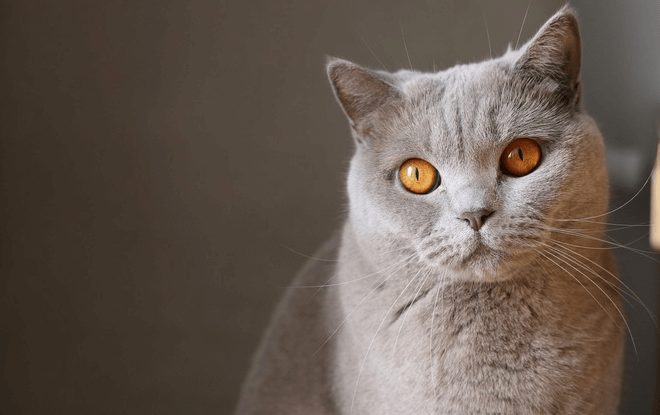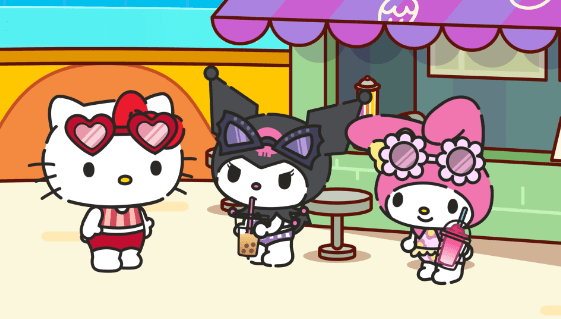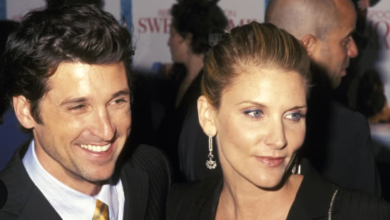kuromi:fox5ydxdt58= aesthetic:fxwmij29ege= hello kitty

Introduction
Sanrio, a titan in the world of character creation, has not only pioneered adorable designs but also seamlessly integrated these creations into global culture. Among their most beloved characters are kuromi:fox5ydxdt58= aesthetic:fxwmij29ege= hello kitty, whose distinct aesthetics play a pivotal role in their branding and appeal.
Hello Kitty
Origin and Creation
Introduced in 1974, Hello Kitty, designed by Yuko Shimizu, was envisioned as a depiction of innocence and friendliness, which quickly resonated across borders. Her design was simple yet profoundly effective in capturing hearts.
Aesthetic Characteristics
Hello Kitty’s aesthetic is marked by her simplistic design, featuring a small, round face, no mouth, and a red bow on her left ear. Her soft colors and minimalistic details have contributed to her status as a symbol of cuteness and approachability.
Impact on Branding
The clean and adaptable design of Hello Kitty has allowed for her image to be used on a myriad of products from stationary to clothing and even aircraft, making her one of the most recognizable brands worldwide.
Kuromi
Origin and Creation
Kuromi debuted in 2005 as part of the “Onegai My Melody” series. Designed to offer a contrast to the overwhelmingly cute characters in Sanrio’s roster, Kuromi was created with a mischievous and slightly punk persona.
Aesthetic Characteristics
Kuromi’s design incorporates darker colors and gothic elements, such as her black jester cap with a pink skull and crossbones. Her look appeals to fans of a more edgy and alternative aesthetic, differentiating her from the typical Sanrio fare.
Impact on Branding
Kuromi’s unique aesthetic has carved out a niche market, attracting fans who appreciate her blend of cuteness with a rebellious streak. This has led to a diverse range of merchandise and a dedicated following.
Read Also kuromi:fox5ydxdt58= hello kitty
Comparative Analysis
Visual and Thematic Contrasts
The aesthetic contrast between Hello Kitty’s soft, pastel tones and Kuromi’s bold, dark hues highlights their distinct thematic approaches—innocence versus mischief.
Market Appeal
While Hello Kitty appeals to a broad audience that spans generations, Kuromi attracts a younger, perhaps more subculture-oriented crowd, demonstrating how varied aesthetics cater to different demographics.

Influence of Aesthetics in Pop Culture
Role in Fan Engagement
Each character’s aesthetic not only defines their merchandise but also cultivates distinct fan communities. Hello Kitty fans often cherish the joy and friendship she represents, while Kuromi’s followers revel in her independence and defiance.
Broader Cultural Impact
Both characters have influenced fashion and lifestyle sectors, with Hello Kitty inspiring lines of cute, accessible fashion, and Kuromi influencing more niche, alternative styles.
Read Also kuromi:fox5ydxdt58= cute:umm92qunhbc= hello kitty
Conclusion
The contrasting kuromi:fox5ydxdt58= aesthetic:fxwmij29ege= hello kitty strategic diversity in character design, which has successfully captured a wide array of audiences. Their continued relevance in pop culture speaks volumes about the power of aesthetic in branding and consumer engagement.
FAQs
Q: What is the primary aesthetic difference between Hello Kitty and Kuromi? A: Hello Kitty features a minimalist, cute design with soft colors and no mouth, symbolizing innocence. Kuromi uses darker colors and gothic elements to portray a rebellious yet cute persona.
Q: How have Hello Kitty and Kuromi’s aesthetics influenced their branding? A: Hello Kitty’s universal appeal has made her a global icon suitable for all ages, leading to her presence in a vast range of products. Kuromi’s edgier look has tapped into niche markets, appealing to audiences that gravitate towards alternative styles.
Q: Can you find Hello Kitty and Kuromi products targeted at the same demographic? A: While there may be some overlap, typically, Hello Kitty products are aimed at a broader demographic, including children and adults who appreciate her timeless charm. Kuromi’s products often target those who enjoy a more unique, bold aesthetic.




